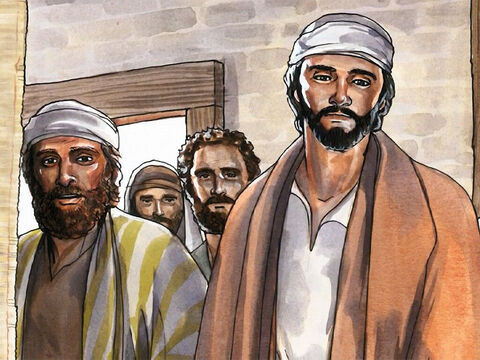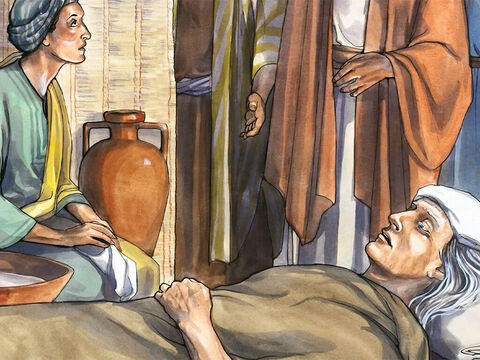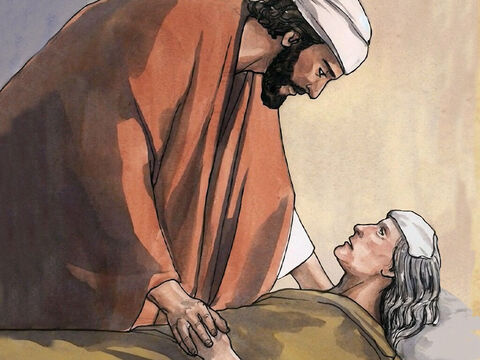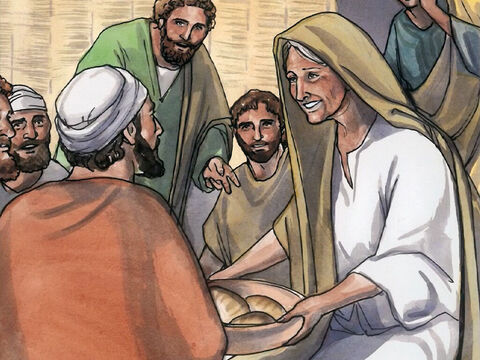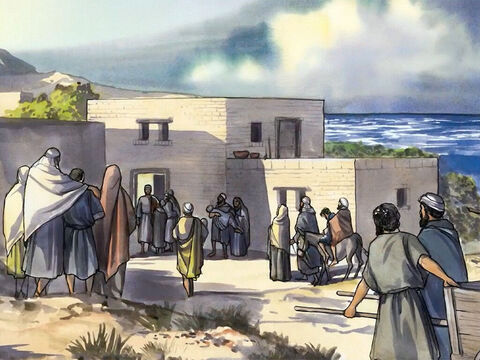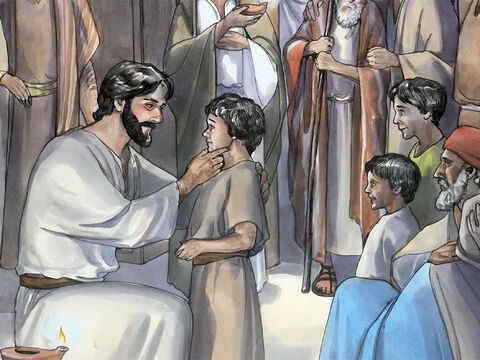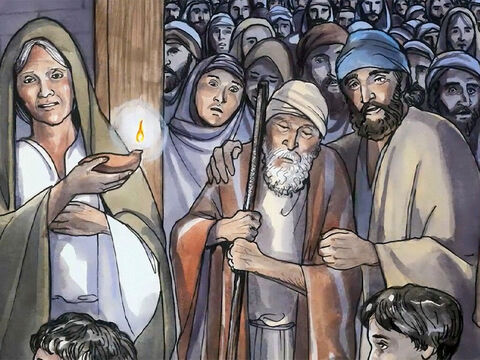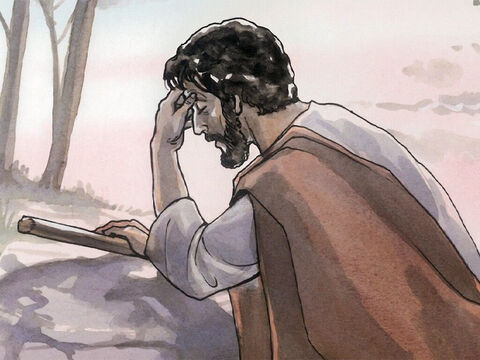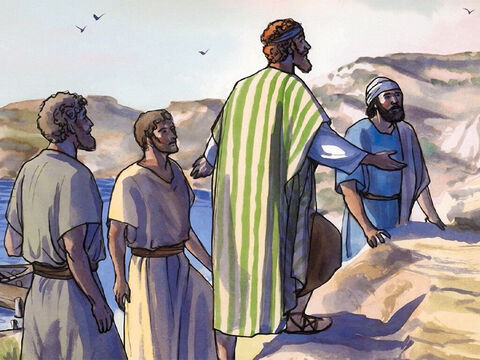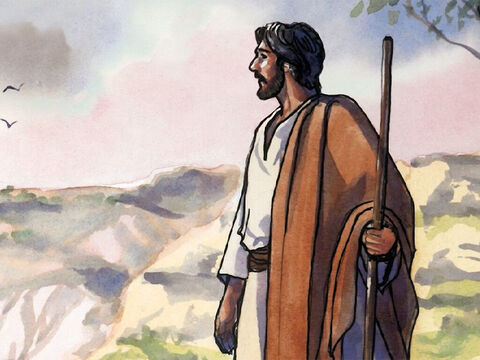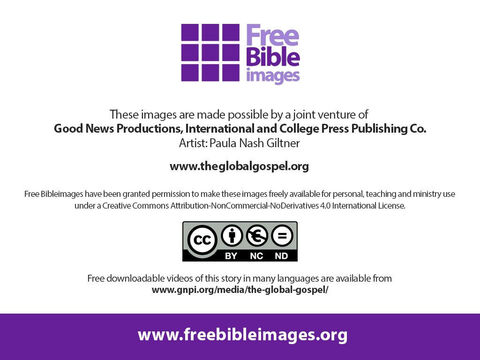Eugene Field's "The Duel"
The gingham dog and the calico cat
Side by side on the table sat;
'T was half-past twelve, and (what do you think!)
Nor one nor t' other had slept a wink!
The old Dutch clock and the Chinese plate
Appeared to know as sure as fate
There was going to be a terrible spat.
(
I was n't there; I simply state
What was told to me by the Chinese plate!)
The gingham dog went "Bow-wow-wow!"
And the calico cat replied "Mee-ow!"
The air was littered, an hour or so,
With bits of gingham and calico,
While the old Dutch clock in the chimney-place
Up with its hands before its face,
For it always dreaded a family row!
(
Now mind: I'm only telling you
What the old Dutch clock declares is true!)
The Chinese plate looked very blue,
And wailed, "Oh, dear! what shall we do!"
But the gingham dog and the calico cat
Wallowed this way and tumbled that,
Employing every tooth and claw
In the awfullest way you ever saw—
And, oh! how the gingham and calico flew!
(
Don't fancy I exaggerate—
I got my news from the Chinese plate!)
Next morning, where the two had sat
They found no trace of dog or cat;
And some folks think unto this day
That burglars stole that pair away!
But the truth about the cat and pup
Is this: they ate each other up!
Now what do you really think of that!
(
The old Dutch clock it told me so,
And that is how I came to know.)
A Clash of Toys: Unraveling the Humor and Heart of Eugene Field's "The Duel"
Eugène Field, a master of weaving wit and whimsy into verse, crafted many playful poems for children. Among them, "The Duel" stands out as a humorous yet poignant tale of two toy warriors locked in epic combat. Published in 1889, the poem continues to captivate readers with its unexpected twists and heartwarming message.
Clash of the Plush Titans:
The poem throws us into the midst of a dramatic showdown between the Gingham Dog and the Calico Cat, toys guarding their territory under the watchful gaze of the Dutch clock and the observant Chinese plate. Field masterfully personifies these inanimate objects, imbuing them with human emotions and motivations, leading to a hilarious clash of wills.
Field's Poetic Palette:
Field's genius lies in his vibrant language and playful rhythms. He uses onomatopoeia ("Bow-wow-wow!" "Mee-ow!") to mimic the animals' sounds, and rhyme schemes to accentuate the dramatic tension. The conversational tone and descriptive imagery draw the reader directly into the scene, making us feel every growl, every leap, and every dramatic pause.
About Eugène Field:
Born in St. Louis in 1856, Field became a beloved figure in American literature. His warm humor, relatable characters, and nostalgic themes resonated deeply with readers, making him a popular choice for children's poetry and prose. "The Duel" exemplifies his playful style and talent for transforming everyday objects into captivating characters.
Beyond the Giggles:
Beneath the surface of slapstick humor lies a subtle commentary on sibling rivalry and the fleeting nature of conflict. The poem's twist ending, where the "burglars" (likely playful siblings) are suspected of whisking away the battling toys, leaves us pondering the impermanence of even the fiercest disputes.






